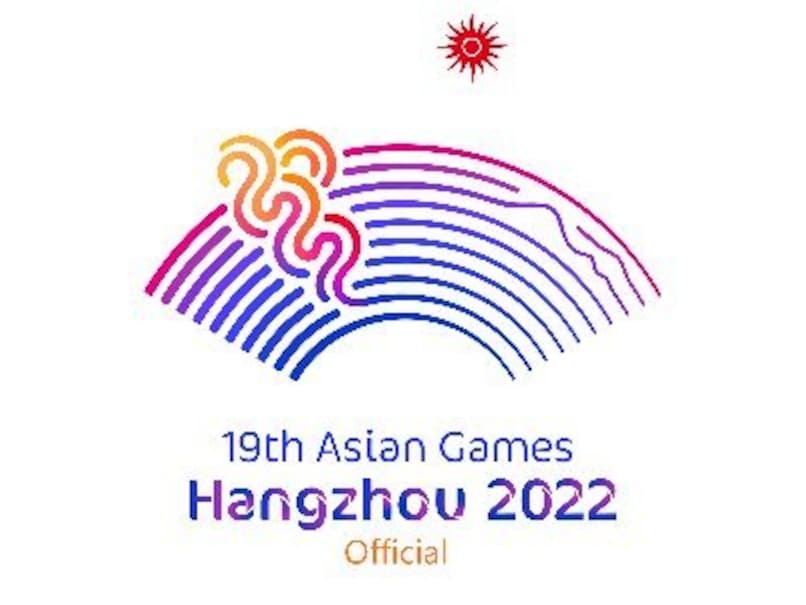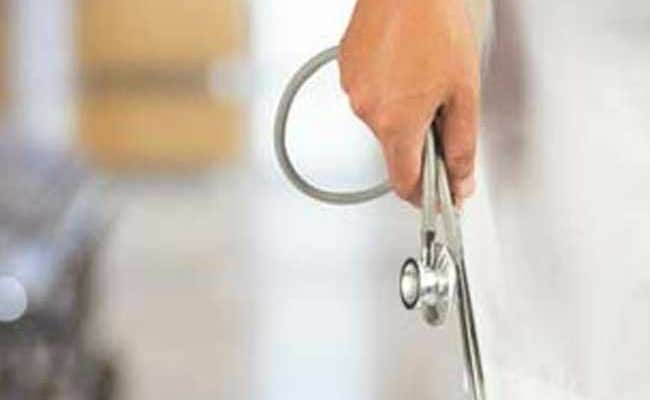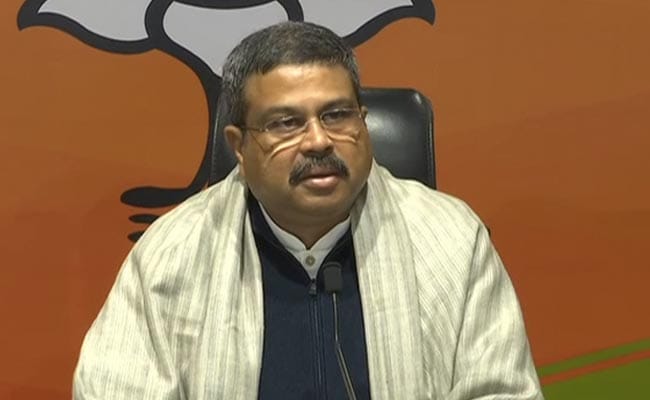Since December 2019, over 20 appeals have been filed in the appellate body (AB)
New Delhi:
India has called for starting formal negotiations by WTO members to reform the dispute settlement body of the World Trade Organisation, as the present informal deliberations are creating hindrance for several nations to participate in the talks, an official said.
The official added that formal talks on the subject can help in arriving at some kind of consensus by the 13th ministerial conference (MC), the highest decision making body of the WTO, in Abu Dhabi in February next year.
The issue came up for discussion during a recent meeting of senior officials of WTO members in Geneva last week. Certain countries flagged their concerns on the informal system of talks.
“We have to formalise this process as soon as possible. India stated that if you want to maintain the WTO’s credibility, we need to talk on this,” the official said.
WTO’s dispute settlement body (DSB) is one of the important arms of the 164-member Geneva-based body. Besides monitoring global exports and imports related rules, it adjudicates trade disputes between the member countries.
“The US has started engaging in DSB reforms, but in an informal setting. In this setting, not all members get the opportunity to talk. There are no interpretation facilities in those informal meetings,” the official said.
Many WTO member countries have one or two delegates only in Geneva. So, they get busy in different meetings like general council and because of that, they are not able to participate in the deliberations on DSB reforms.
“So, there are some concerns. It was flagged in the break-away sessions’ meeting in Geneva recently. The sense was that as soon as possible, the negotiations should happen in a formal setting. The whole discussion should come under the Committee on DSB. At present, it is happening in an informal fashion,” the official added.
“The talks should be formalised so that all members can participate in that discussion and contribute their views. India wants the talks to happen in a formal way,” the official, who did not wish to be named, said.
Normally in the WTO, talks through a formal process involves submissions of papers on the subject for discussions among all the members.
The official, however, exuded confidence that the way the US is engaging on the subject, it looks like they will do something like coming up with some formal text for discussion on the issue.
“The developed countries are talking about peripheral reforms, but our main ask is that there should be a two-tier system,” the official said.
Trade experts too said that all the members would have to work together on this.
Hi-Tech Gears Chairman Deep Kapuria said that the US’ leadership is crucial for breaking the deadlock in WTO, which is facing multiple challenges.
“But the question is, how far is the US willing to translate this positive intent into some meaningful action, where it can work towards building consensus on WTO reform agenda and more importantly on reigniting the functioning of DSB. The US has been repeatedly blocking any proposed decision to commence the appointment of Appellate Body members,” Mr Kapuria said.
There are two main ways to settle a dispute once a complaint has been filed in the WTO – the countries find a mutually agreed solution, particularly during the phase of bilateral consultations; and through adjudication which includes ruling by a panel and if not satisfied, challenging that ruling at the appellate body.
The appellate body is the apex institution to adjudicate disputes.
Smooth functioning of the WTO’s dispute settlement mechanism hit a roadblock, when the US blocked appointments of members in the appellate body (AB). Though the AB stopped functioning from December 10, 2019, the panels are still working.
Since December 2019, over 20 appeals have been filed in the AB.
According to experts, the US wants to weaken the two-tier system of the dispute settlement mechanism and they do not intend to restore the appellate body.
The US had earlier stated that over time, the despite settlement has become synonymous with litigation, which is prolonged, expensive and contentious.
Developing countries, on the other hand, are of the strong view that a two-tier system is fundamental for the smooth functioning of the dispute settlement mechanism.
Citing the US Trade Representative Katherine Tai’s suggestions, Mr Kapuria said that the US has three specific ideas to reform DSB and that include finding appropriate alternatives to litigation.
The alternatives include conciliation, and mediation; the panels be restricted to address only those matters which are necessary to resolve the dispute and resist the urge to pontificate; and no judicial overreach so that members could exercise their power to regulate domestic policies.
(Except for the headline, this story has not been edited by NDTV staff and is published from a syndicated feed.)



















